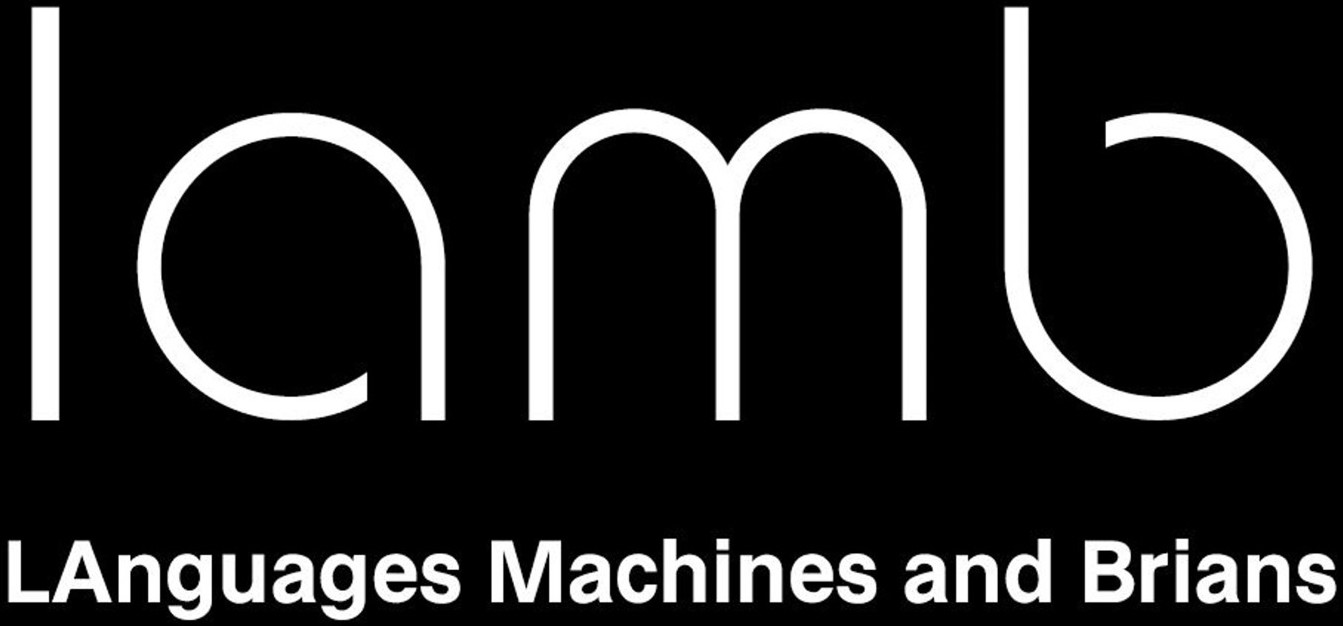Current Courses
LT5903: Language and its Applications
This course introduces the basic properties of natural language and how they are related to other aspects of human cognition. In order to provide a broad understanding of human languages, this course covers major subfields in Linguistics, including phonetics, phonology, morphology, syntax, semantics, pragmatics, language acquisition, psycholinguistics, neurolinguistics, sociolinguistics, computational linguistics and applied linguistics
Prerequisite: N/A
Textbook:Language files, 13th Edition
Lectures:
- Introduction
- Phonetics
- Phonology
- Morphology
- Syntax
- Semantics
- Pragmatics
- Language Acquisition
- Psycho/Neurolinguistics
- Sociolinguistics
- Computational Linguistics
LT3233: Computational Linguistics
This course aims at introducing students to some of the major issues and solutions in natural language processing. The underlying computational properties of natural languages are considered at the lexical, syntactic, and semantic level from linguistic and statistical perspectives. Both traditional rule-based context-free models and modern corpus-based quantitative techniques will be discussed. Selected natural language applications will also be introduced. Concepts taught in class will be reinforced by hands-on practical exercises.
Prerequisite: LT2231 Introduction to Language Technology /
CS2311 Computer Programming / MS3111 Quantitative Business Analysis
with Visual Basic for Applications / CS2360 Java Programming /
IS2240 Python Programming for Business.
Textbook:Speech and Language Processing
Lectures:
- Tokenisation
- Part-of-speech tagging
- N-gram models
- Context-free grammars
- Parsing
- Naive Bayes
- Logistic regression
- Feedforward neural networks
- Computational graph and backpropagation
- Word embeddings
- Feedforward neural networks with embeddings, PyTorch
- Recurrent neural networks
- Attention and transformers
LT5403: Psycholinguistics
This course introduces the psycholinguistic and neurobiological bases of language processing. It covers background material about the human brain and aphasia syndromes, psycholinguistic methods, neuroimaging techniques and the latest neurolinguistic findings on different domains of language processing, including phonetics and phonology, morphology, lexical semantics, compositional semantics and syntax.
Prerequisite: N/A
Textbook:Cognitive neuroscience of language: 2nd Edition
Lectures:
- Neurons
- The human brain
- Aphasia
- Functional neuroanatomy of language
- Neuroimaging techniques
- Phonetics and phonology
- Morphology
- Lexical semantics
- Compositional semantics
- Syntax
- Review
Past Courses
LT2206: Fundamentals of Statistics for Language Sciences
LT4256: Topics in Psycholinguistics and Neurolinguistics
